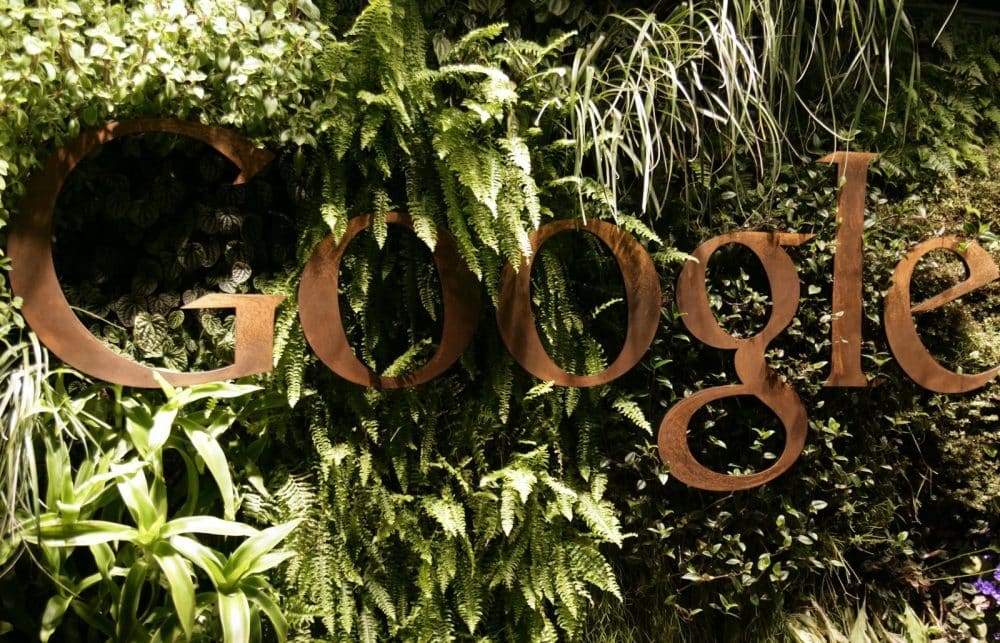he bad news for Alphabet’s subsidiaries continues to get worse. Tony Fadell, the C.E.O. of smart-home appliance company Nest, which Google bought for $3.2 billion in 2014, stepped down amid controversy. Now, another one of the tech giant’s moonshots, the GoogleX biotech division Verily Life Sciences, has come under scrutiny, too. According to health and medicine publication Stat, one of Verily’s signature products, a glucose-detecting smart contact lens for diabetics, is a long way from becoming a reality, and former employees aren’t sure it will ever see the light of day. Another futuristic product, a FitBit-style wristband designed to detect cancer, was described by one expert as “not only science fiction, but beyond that—science fantasy.”
Verily C.E.O. Andrew Conrad reportedly has a sign on his desk saying “do epic shit,” and is irrepressible when it comes to marketing his company’s vision. But sources who spoke to Stat describe Verily’s projects as more hype than reality. One former employee referred to the smart contact lens as “slideware,” meaning it looks great on paper, but doesn’t exist outside of PowerPoint presentations. The contact lens, which Google first announced in 2014, is supposed to provide a way for people with diabetes to monitor
their glucose levels without having to prick their fingertips to test their blood. But chemist John Smith told Stat he’s wary of the accuracy of Verily’s tear-based method of measuring glucose levels.“[T]here is always a new adherent who thinks all the measurements that went before were wrong,” Smith says in Stat’s report. “This kind of ‘faith-based science’ has proven to be very expensive, and should not come from companies like Verily; but then, cost does not seem to be an issue there.” Healthcare company Novartis, which is working with Verily to bring the contact lens to market, reporting that the project “continues to make steady progress and remains in the research phase.”
While no Verily executives responded to Stat’s requests for comment, Google provided a statement describing its research as “inherently difficult” and defending Verily’s capacity to “make success attainable on very challenging projects.” But other experts who spoke with Stat argued that technology companies like Google had overstepped their bounds by hoping to revolutionize biotechnology, too.
A biosensor and nanotechnology expert said what Verily was commandeering was “a type of Silicon Valley arrogance”—similar, perhaps, to the hubris that brought down Theranos, the $9 billion blood-testing start-up now facing a criminal investigation over accusations that it misled investors about the functionality of its technology. Theranos came under fire last year in a series of Wall Street Journal reports questioning the accuracy of its blood-testing methods, which revealed that it often had to rely on generic machines to run its tests. Verily, however, is not positioning itself as a company with a salable product like Theranos. Verily “is not a products company,” chief medical officer Jessica Mega on Bloomberg TV. “But it’s a company really focused on trying to shift the needle when it comes to health and disease.” That’s a distinction, luckily for Google, that could make all the difference.
































